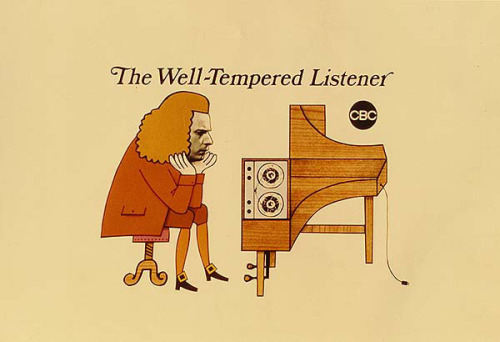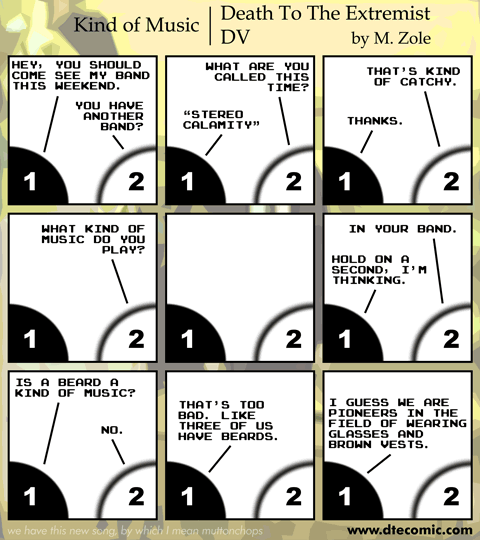Well the time change is a bit of a problem. I woke up at around 2 AM local time and waited almost three hours before finally sneaking downstairs and fixing myself some coffee.

You’d think I could sleep longer since I was pretty exhausted after a long day of traveling. The worst part was probably the drive from the airport to the Casa Jenkins. We arrived at just about rush hour on a Friday evening. So it took us almost two hours to drive twenty miles. Ah, California. Land of no Mass Transit and plans to put in more highways, toll roads at that.

It was good to see my son, his wife, my grandkids: Nicholas, Savannah and Catherine in person and give hugs. It’s been a year since our last visit so everyone is doing new stuff. Fun to catch up.

I didn’t bring my blood pressure gauge. I usually get up and weigh and take my blood pressure and record the results. I decided it wouldn’t hurt to take a hiatus this week. That way I didn’t have to find a place in stuffed suitcase for the blood pressure gauge. I have a six month check up scheduled the Monday after we get back. Trying to be healthy as I age is not easy. I have been putting on a few pounds since before my eye operation. But for the most part my blood pressure is not too high. Plus I’m hoping to do a lot of relaxing, reading and goofing off for this week. Not exactly high stress.

I am looking forward to more reading. Besides the fiction that I was reading on the trip here I also spent some time with Christopher Small’s Musicking. I don’t see eye to eye with him about everything (He seems to think you have to be religious to like Bach’s religious works. Ridiculous.) But I think he gets a long more right than wrong.

For example he takes a wide view of what music is and what it is for and how it works. By examining the many ways humans do music, he puts Western music in a nice perspective. It is helpful to read a musician trained in the Western tradition who recognizes the fact that all humans are basically musicians and that making music (“musicking” as he likes to say) is something everyone can do.

When discussing the prevalence of people in the West who insist they are “tone-deaf,” he points out that this cannot be near as prevalent as the number of people who do not make music or grow up making music.

Pitch recognition is part of living especially if you are a native Chinese or Vietnamese speaker since the very language itself relies on pitch recognition to differentiate one word from another.

No, we in the West have been trained into ignorance, cut off from group music making that is so important in so many human cultures past and present.

He points out that received musical wisdom in the colleges and academic classical music is as much a function of social phenomena and judgments as it is cerebral aesthetic ones .

This is something I have been grappling with in the last decade of my life. After schooling I was able to make coherent observations on how well constructed music was, how it conformed to my understandings of aesthetic judgments. All my life these judgments have been a bit broader than the ones evidenced by my academic brothers and sisters in music.
But in my fifties I began to wonder just what kind of music did I personally enjoy?

A different question and a much more interesting one to me.

Christopher Small helps me wonder if I was starting to become more aware of my own social connection to music. I feel lucky that despite the fact that I have arrived at a place musically which is as anachronistic and eccentric as my entire intellectual take on life is, I still have ways to connect with other humans socially in the music I make. Whether this is listening to my grandson play the piano, noticing (as I did at the airport yesterday) kids who provide an aural musical accompaniment to the hand held video games they are playing, playing music with my piano trio, conducting my choir, playing organ at church and piano at home, or leading a group of people in singing (congregationally), in all these cases there is a concrete social aspect to what I am doing that supplements my romantic notion that when I play historical music I am in conversation with the composer and previous performers.

1. Losing My Father at War, One Letter at a Time – NYTimes.com
Very poignant writing about family, war and alzheimers.
(It turns out that the New York Times has just developed an app that recognizes Windows phones. So when I accessed it yesterday on the trip, I had to suddenly relog myself into my paid subscription and was bumped into a different url. The upshot is that in order to book mark interesting articles with my phone, I have to email them to myself (as I was doing before) but now the link is to a mobile app link which is not the same as the usual web site link. So I have to search on the stupid site to get a link to put here. This is probably not the only way to do it. It makes me crazy when people change things and make them more cumbersome.)
2. Detroit’s Davos – NYTimes.com
Davos is the city in Switzerland where the World Economic Forum meets (ah google). In Michigan there is a summit on Mackinac Island each year that is sort of a mini-state Davos. This year’s is just getting over.
3. Pro-Fracking Spin on Public Radio — FAIR: Fairness & Accuracy In Reporting
Bought and paid for.
4. Obama to Pick James B. Comey to Lead F.B.I. – NYTimes.com
I hope this guy is a bit more moderate than most Republicans.
5. William C. Thompson Jr. Takes Moderate Stand on Police Stops – NYTimes.com
Speaking of “moderate” this NY city mayoral candidate is endorsed by unions but still strikes me as not all that moderate. But then I think the NYT itself is far right of any center in US politics which has to my thinking disintegrated into a country controlled by people and their corporations with the most money. Jes sayin’